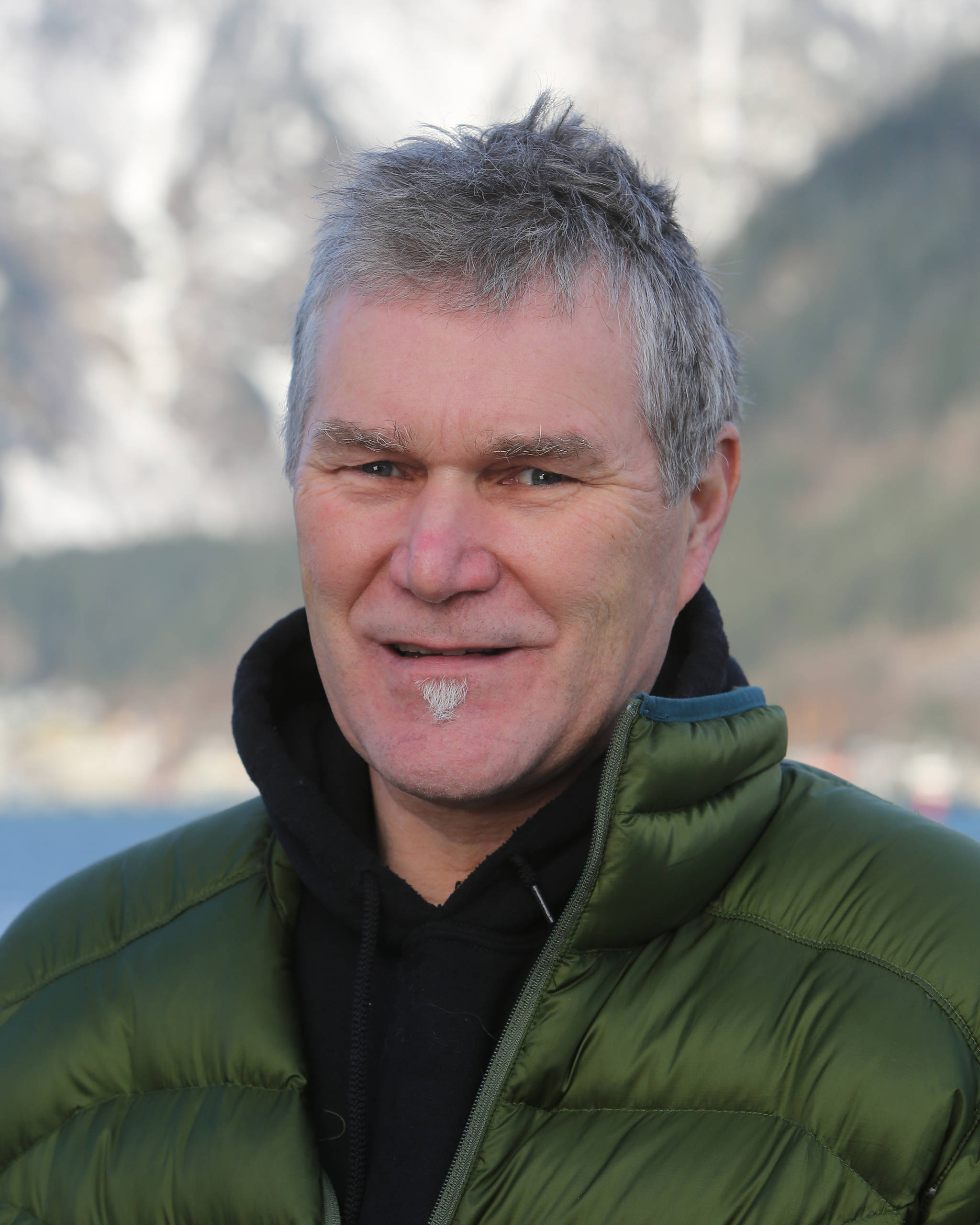By Anjuli Grantham
“A granite counter top won’t pay you back over time,” Alan Wilson states. “But investing in energy efficiency measures, that will.”
Data backs up Alan’s point. As much as 80% of the energy consumed in a building can be wasted. A leaky building can siphon up to 60% of a building’s purchased energy. Meanwhile, the payback time for many retrofit projects is five to seven years, according to Project Drawdown. That’s the point at which an owner has recouped project costs in energy savings. After that, it’s money in the bank.
The building sector accounts for a notable chunk of our community’s carbon footprint. In Juneau, buildings accounted for 32% of greenhouse gas emissions in 2010. Much of that derives from using fossil fuels to heat buildings and water.
We can reduce carbon emissions and save money through conserving the energy we already use. For our buildings, this means upgrading incandescent light bulbs to LEDs, enhancing the air tightness of buildings, using insulation, and other practical applications of building science to reduce emissions, improve the experience of the occupant, and save money.
“I think most people are aware of the carbon, but that’s not usually how I gauge it, because it’s something that’s hard for everyone to relate to. But dollars and cents, people can relate to that,” says Alan.
Since moving to Juneau in 1991, Alan has advocated for increasing the affordability of local housing, “but I don’t think I’ve made much progress,” he chuckles. That’s not entirely true. As a founding board member of the Cold Climate Housing Research Center at the University of Alaska Fairbanks and Alaska Heat Smart here in Juneau, Alan’s research, advocacy and practical application of energy efficiency measures has undoubtedly saved home owners’ money.
But there’s a persistent barrier to the widespread adoption of energy efficiency improvements and new technologies, like heat pumps. Builders and others base their decisions on immediate costs, rather than long-term savings. This becomes especially apparent in multi-family homes, where the owners look to construction costs instead of the long-term utility costs, since tenants are responsible for utility bills.
“Ninety percent of the multi-family housing in Juneau is 20 years or older. They have electric baseboards, they have fuel-oil furnaces,” Alan explains. “How can we incentivize owners to make energy efficiency improvements in these cases, when they have no problem keeping their buildings occupied due to the shortage of housing?”
The former Alaska was a highly effective incentive. The financing for weatherization and energy improvements available through that program helped 27,000 homes across Alaska eliminate 3 billion pounds of carbon emissions and reduced the energy costs of participants by an average of 34%. Homes that participated in Southeast Alaska reduced carbon emissions by 44%.
“Most of it isn’t rocket science,” Alan said. “You don’t have to hire people for a lot of the work, much of it you could do yourself. Replacing weather strips, caulking seams. With a short tutorial you can make your house less drafty and save money.”
All should be empowered to make energy efficiency improvements while considering the use of the energy that we purchase, Alan contends. Using energy resources responsibly means thinking about long-term benefits and savings. It also means building to future codes now, rather than to the minimum standards, because what’s adequate today will likely be subpar in the coming decade, “and I want what I build to perform as well in year twenty as it does in year one.”
With such thinking, we can adapt our building stock to provide for the needs of occupants while reducing our community’s carbon emissions.
• Anjuli Grantham is a public historian and museum curator who serves on the board of Renewable Juneau and is vice vhair of the Juneau Commission on Sustainability. “Climate Change Solutionists” is a series that features 10 local solutions to climate change and 10 people who exemplify the solutions. The solutions are based on Project Drawdown, a global project that quantifies the most effective solutions for halting global warming. The series was produced with support from a Juneau ArtWorks grant. It appears weekly in the Empire.

